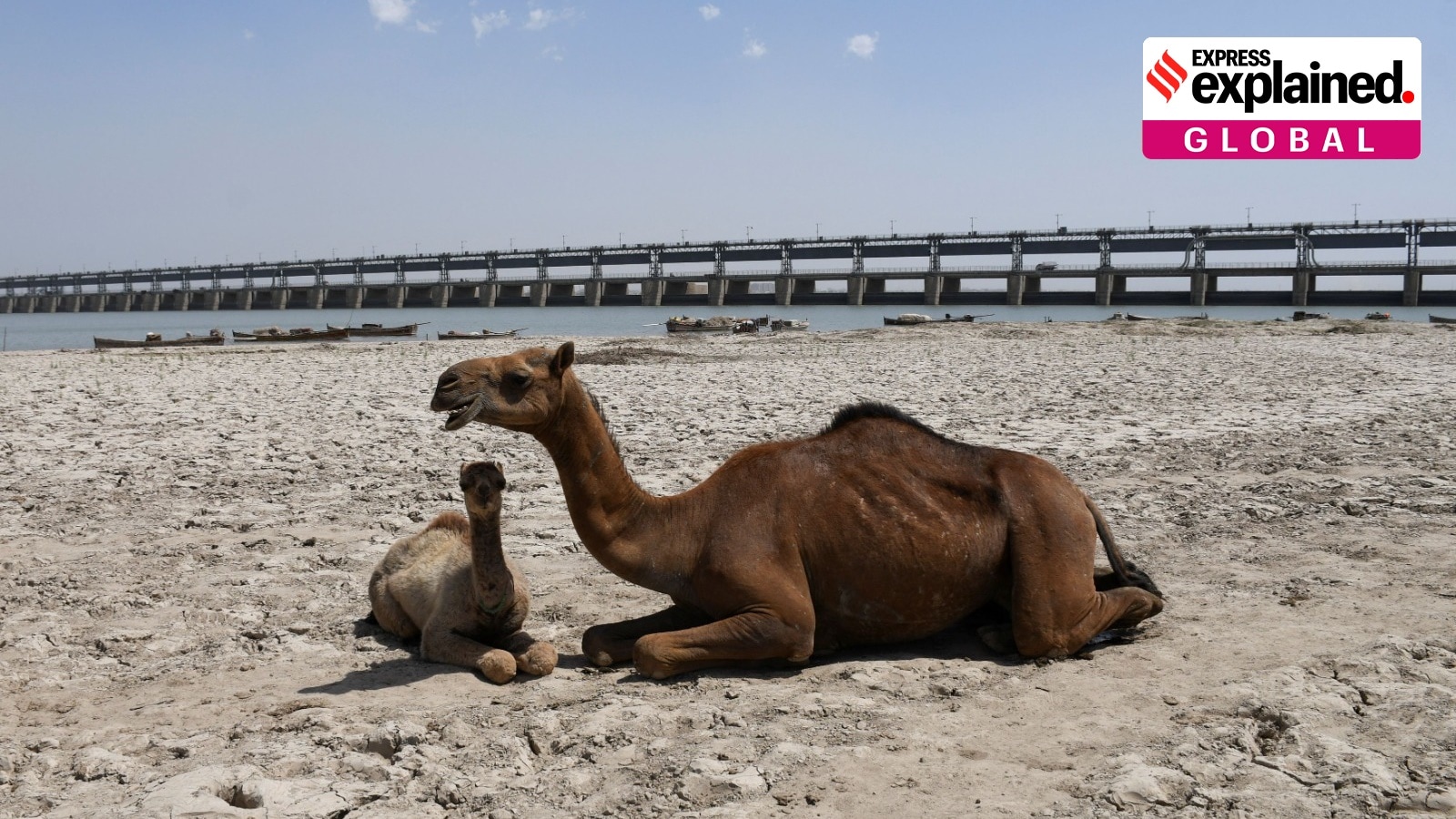Sindh High Court Dismisses Bail Amid Water Protests
The protests and court decision highlight the need for a balanced approach to water management, taking into account the concerns of all provinces and stakeholders. The future of the Green Pakistan Initiative's canal project remains uncertain, with the government facing pressure to address the concerns of Sindh and other affected provinces.

Protests in Sindh over water scarcity and the impact of the Green Pakistan Initiative's canal project on the Indus delta have led to the project being put on hold, while the Sindh High Court has dismissed the bail application of a man involved in a high-profile murder case.
The canal project, which aimed to irrigate millions of acres of land in the Thar desert, was criticized for exacerbating water scarcity and starving the Indus delta. Experts say it's impossible to supply the canal from the Sutlej river alone, and Sindh's concerns about water scarcity led to widespread protests. The protests have revived old provincial rivalries between Sindh and Punjab, with Sindh feeling marginalized and hard done by upstream hydro projects in Punjab.
The Pakistan Peoples Party (PPP), which is in power in Sindh, initially endorsed the project but later made a U-turn, with its leader Bilawal Ali Bhutto-Zardari saying that not a single drop of Sindh's water will be given away. The decision to put the project on hold was announced by Prime Minister Shebaz Sharif, with the PPP leader sitting next to him. Meanwhile, the Sindh High Court has directed the trial court to conclude the trial proceedings of the murder case of an educationist, Syed Khalid Raza, within three months.
The dismissal of the bail application and the decision to put the canal project on hold reflect the complex and sensitive nature of water management and provincial relations in Pakistan. As the country navigates these challenges, the Sindh High Court's decision and the government's response to the protests will be closely watched by all stakeholders.